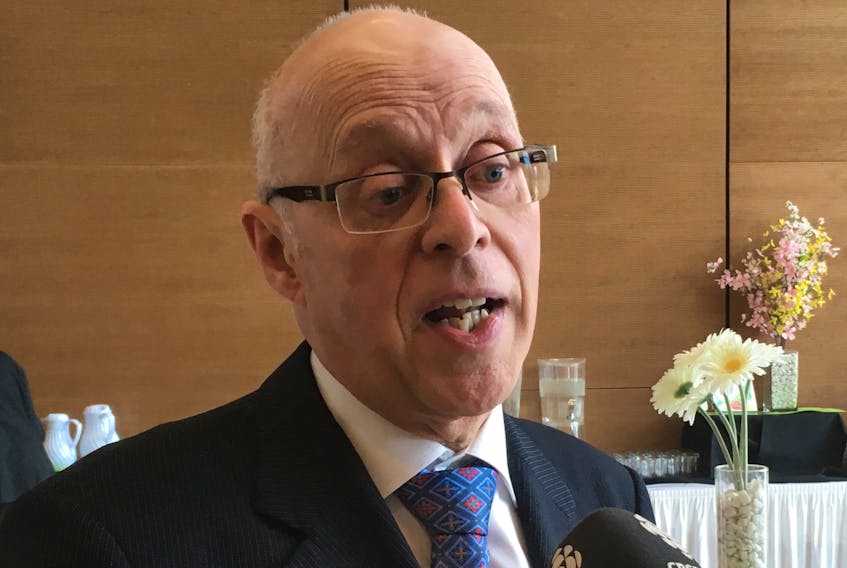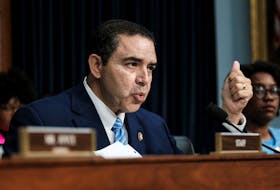Winnipeg — Federal Minister of Health Ginette Petitpas Taylor and John Haggie, minister of Health and Community Services for Newfoundland and Labrador have announced the signing of a bilateral agreement under the Government of Canada’s new Emergency Treatment Fund.
The deal was inked in Winnipeg Thursday afternoon. Newfoundland and Labrador is the first province to sign a bilateral agreement under the new fund.
The deal is aims to fund innovative treatment options for problematic substance use in the province.
It will result in an investment of more than $4 million—$1.6 million from the Government of Canada and $2.7 million from the province of Newfoundland and Labrador in 2018-19—to improve access to opioid dependency treatment in the province using multi-disciplinary teams, case managers, primary care providers and telemedicine.
“Today’s agreement builds on the successful partnerships and initiatives we have already undertaken in Towards Recovery: The Mental Health and Addictions Action Plan for Newfoundland and Labrador and the provincial Opioid Action Plan. Funding will be used to develop a multi-disciplinary hub and spoke model for opioid dependence treatment in our province. This means people will have greater access to supports in their own communities and receive the care and treatment needed to start on the road to recovery,” Haggie said.
The number of overdoses and deaths caused by opioids, including fentanyl, has risen sharply and is getting worse. Nearly 4,000 Canadians lost their lives in 2017 because of apparent opioid-related overdoses.
In Budget 2018, the federal government committed $150 million to provide emergency funding to the provinces and territories to improve access to evidence-based treatment services. The Emergency Treatment Fund is cost-shared with the provinces and territories, and the total investment will be close to $300 million.
The fund supports projects that: build on and enhance existing treatment approaches; encourage further implementation of innovative treatment solutions; and enhance healthcare providers’ knowledge of best practices.
“In 2017, we saw a 34 per cent increase in the reported number of apparent opioid-related deaths across Canada, compared to 2016. The tragedy is that opioid overdose is now the leading cause of death for individuals between the ages of 30 and 39 years,” said Dr. Theresa Tam, Canada’s chief public health officer.
Quick Facts
Since November 2016, the Government of Newfoundland and Labrador has taken a number of actions to address the opioid crisis in the province, both through legislation, funding, and in partnership with stakeholders and grassroots community organizations. This includes:
- Safe prescribing course for health care professionals;
- Provincewide Naloxone take-home kit program;
- Naloxone community pop-up tents;
- Improved access to Suboxone as an alternative drug to methadone;
- Pharmacy Network; and,
- Introduction and passage of prescription monitoring program legislation.
SOURCE: Health Canada









